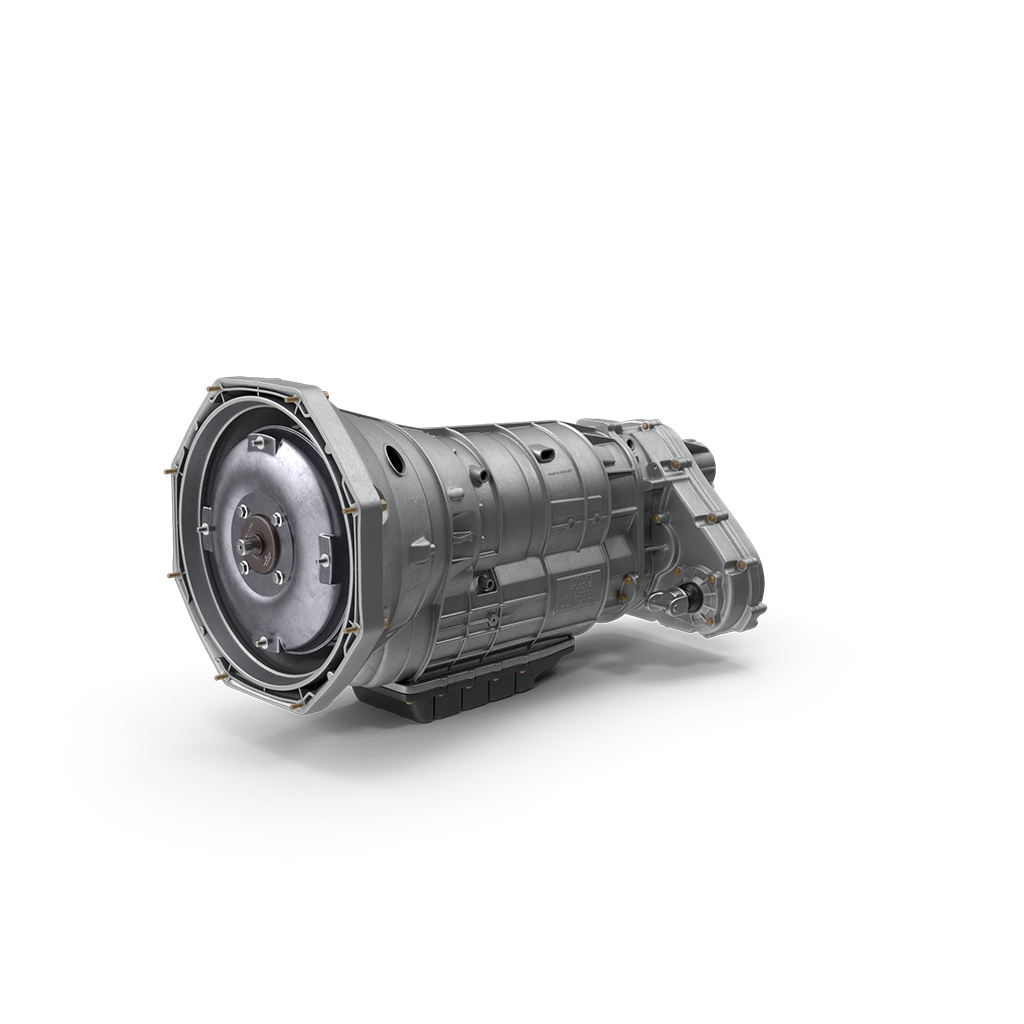Enhance your vehicle’s performance and reliability—schedule your transmission check today!
Transmission Repair Services
Ensure your transmission operates efficiently with our professional transmission services. Whether you're experiencing rough shifting, slipping gears, or unusual noises, our skilled technicians are equipped to diagnose and repair any transmission issues. Schedule your transmission service now to maintain your vehicle's performance and extend its lifespan.
Our Transmission Services: Keeping Your Drive Smooth
Transmission problems can be complex and expensive, but regular maintenance with BG Transmission Services can help prevent them altogether. If you’re experiencing slipping, hesitation, or unusual noises, our technicians can diagnose and repair the issue—and recommend a BG service to protect against future damage. These services clean, condition, and replenish your transmission system, restoring smooth operation. Plus, they qualify for the BG Lifetime Protection Plan , offering valuable coverage for major components like the transmission housing, torque converter, and internal parts—giving you long-term peace of mind.
Transmission Diagnostics & Repair
Experience seamless shifting and optimal performance with our Advanced Transmission Diagnostics and Repair services. Our skilled technicians utilize cutting-edge technology to accurately diagnose transmission issues and provide precision repairs. Trust us to keep your vehicle running smoothly and reliably on the road.
Quality Parts & Expert Service
We use only the best quality parts and fluids for all transmission repairs and maintenance to ensure lasting results. Our team of experts is trained to handle both automatic and manual transmission systems.
Reliable Transmission Services
We understand the importance of a functional transmission for your vehicle’s overall performance. Our services are designed to be thorough yet efficient, minimizing your vehicle’s downtime and getting you back on the road as quickly as possible.
Comprehensive Transmission Services
Explore our full range of transmission services tailored to meet the specific needs of your vehicle:
Standard Transmission Maintenance:
Transmission Inspection: Routine checks for early detection of potential problems.
Leak Repair: Identifying and fixing any leaks to prevent fluid loss and potential damage.
Performance Transmission Upgrades: Enhancements for improved performance and durability, suitable for high-performance vehicles.
Clutch Repair and Replacement: Addressing issues with the clutch in manual transmissions, including adjustments and replacements as needed.
Transmission Repair Services FAQ
What is a transmission, and what does it do?
A transmission is a vital component of a vehicle's drivetrain system that transfers power from the engine to the wheels, allowing the vehicle to change speed and direction. It consists of various mechanical and hydraulic components that work together to control gear ratios and transfer power efficiently.What are the signs of transmission problems?
Signs of transmission problems include difficulty shifting gears, slipping gears, delayed or rough gear engagement, strange noises (such as grinding or whining), transmission fluid leaks, and dashboard warning lights. If you experience any of these symptoms, it's essential to have your transmission inspected promptly.What is a clutch, and how does it work in a manual transmission?
In a manual transmission, the clutch is a mechanical device that connects and disconnects the engine from the transmission. It allows the driver to change gears by disengaging the transmission from the engine when shifting and re-engaging them smoothly to transmit power to the wheels.What is a slave cylinder, and what is its role in the clutch system?
The slave cylinder is part of the hydraulic clutch system in vehicles equipped with manual transmissions. It converts hydraulic pressure from the master cylinder into mechanical force to actuate the clutch mechanism, allowing for smooth and precise clutch operation.What is a master cylinder, and how does it function in the clutch system?
The master cylinder is another component of the hydraulic clutch system that converts mechanical force from the clutch pedal into hydraulic pressure. It sends pressurized hydraulic fluid to the slave cylinder, which then engages or disengages the clutch.What is a torque converter, and how does it work in an automatic transmission?
A torque converter is a fluid coupling device used in automatic transmissions to transmit power from the engine to the transmission. It allows the vehicle to come to a stop while the engine is still running and provides torque multiplication to aid in acceleration.How often should I change my transmission fluid?
The frequency of transmission fluid changes depends on factors such as vehicle make and model, driving conditions, and manufacturer recommendations. As a general guideline, it's recommended to have your transmission fluid changed every 30,000 to 60,000 miles or as advised in your vehicle's owner's manual.What is involved in a transmission fluid change?
A transmission fluid change typically involves draining the old transmission fluid, replacing the filter (if applicable), and refilling the transmission with fresh fluid. It helps remove contaminants and maintain proper lubrication and cooling of the transmission components.How do you diagnose transmission problems?
Transmission diagnosis involves a combination of visual inspection, computerized diagnostics, and road testing to identify the source of the problem. Our experienced technicians use specialized tools and equipment to check for leaks, test fluid condition and level, and monitor transmission operation to pinpoint issues accurately.Do you perform internal transmission repairs or rebuilds?
No, we do not perform internal transmission repairs or rebuilds. However, we offer diagnostic services, fluid changes, and external repairs for transmission-related issues. For internal transmission work, we can refer you to trusted specialists who specialize in transmission rebuilding and repairs.
Complete Payson Auto Repair Auto Maintenance and Repair Services
Discover our reliable check engine light diagnosis services nearby and take action to resolve any engine issues. Don’t ignore your check engine light—early diagnosis can save you time and money. Book your comprehensive engine check with us today and drive with confidence. Your vehicle’s performance and safety are our top concerns—act now!


